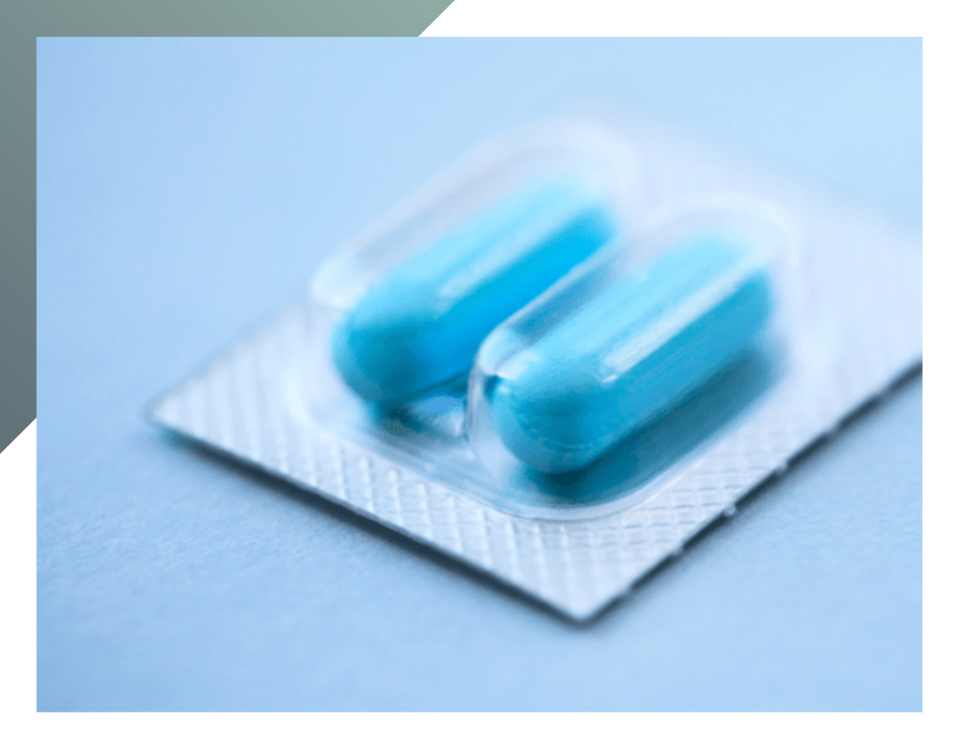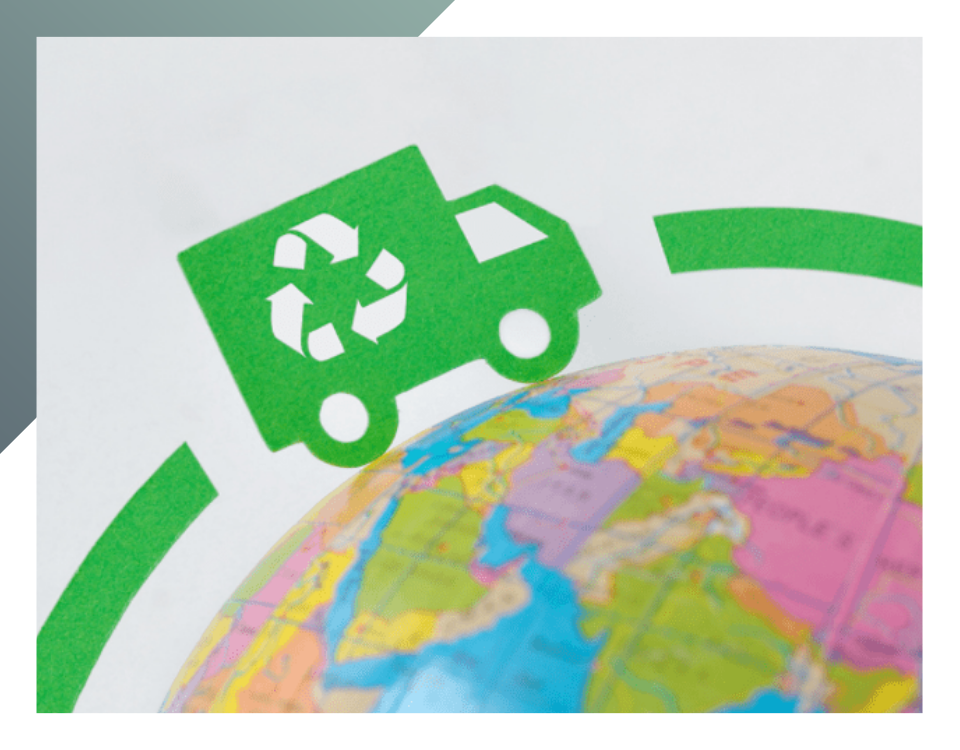An increasing number of consumers are interested in purchasing products with quality and accessibility certifications. It is the responsibility of manufacturing companies to ensure that packaging communicates compliance with international standards. The effects of globalization and the growth of this trend have made Kosher certification, along with many other quality certifications, an important requirement to reach a wider audience of consumers. Kosher certification enables manufacturing companies to meet the need for inclusivity towards observers of the Jewish religion. It also guarantees accurate more meticulous traceability of the materials involved in the production of consumer goods and their packaging. This standard is perceived as an additional proof of safety for both consumer products and packaging.
The Growth of the Kosher Market
The term “Kosher” (Hebrew for “fit,” “correct,” “appropriate”) refers to the set of rules, called “Kasheruth”. These rules are followed by observers of the Jewish religion in the production of a wide range of products. The stringent Kosher requirements emphasize the importance of using high-quality raw materials and adopting specific production and packaging methods to prevent contamination, safeguarding the end consumer. Although Kosher standards primarily apply to the food industry, they are now widely adopted in the pharmaceutical, cosmetic, and other sectors involving the processing of raw materials of animal origin and subsequent packaging. The Kosher products market demonstrates continuous growth. According to various studies, sales have seen an annual increase of 12% since 2016, reaching a market worth approximately $150 billion. A Quartz study focused on the U.S. market revealed that, despite only 2% of the population being of Jewish origin, about 41% of all packaged food is Kosher certified, and sales will continue to rise in 2025. Due to the rigorous attention given to the supply chain of materials and the production system, the Kosher standard now corresponds to a guarantee of quality for the health of a wider audience of consumers, not just those observing the Jewish religion.
Kosher Certification: requirements and benefits
The numbers of previous studies demonstrate why obtaining Kosher certification proves to be a long-term competitive advantage for companies manufacturing consumer products. Among the standard requirements, it is particularly relevant to implement a traceability system for the raw materials used in compliant product manufacturing. It is also essential to ensure that facilities and production lines operate in sterile and controlled environments to avoid contamination risks, and to monitor logistical services for transport. The Kosher approval process is conducted by various rabbinical supervision agencies. It is particularly meticulous, and involves a careful analysis of raw material suppliers to ensure the absence of non-compliant substances from the early stages of the supply chain. Additionally, it includes support in labeling and training company personnel on the correct production system. The certification must be periodically renewed through specific audits. Thanks to the attention paid to all processes in the supply chain, Kosher approval is considered an additional guarantee of compliance with the strictest international health and safety laws. Furthermore, for a company obtaining this certification is synonymous with attention to ethical values, inclusivity, and accessibility. This awareness builds the loyalty of costumers who are increasingly sensitive to these issues.
Kosher Certification in the pharmaceutical packaging field
Eurpack holds the Kosher Parve certification for pharmaceutical packaging, recognizing the Kosher standard as a guarantee of quality and safety in all areas related to health and well-being. This covers the entire packaging production process, including the materials supply chain and the environments in which packaging production lines and machinery operate. Primary and secondary packaging preserve and protect pharmaceutical formulas that come into direct contact with consumer health. Thus, for a company that wants to increase its competitiveness, it is essential to offer products that are suitable for various market requirements, while complying with strict safety controls. Therefore, we can talk about an inclusive packaging, made with certified materials, from a guaranteed and traceable supply chain in every phase.
How can we help you?
If you would like to learn more about our commitment to sustainability or have any questions about our projects and initiatives, we are here to provide you with all the information you need.



